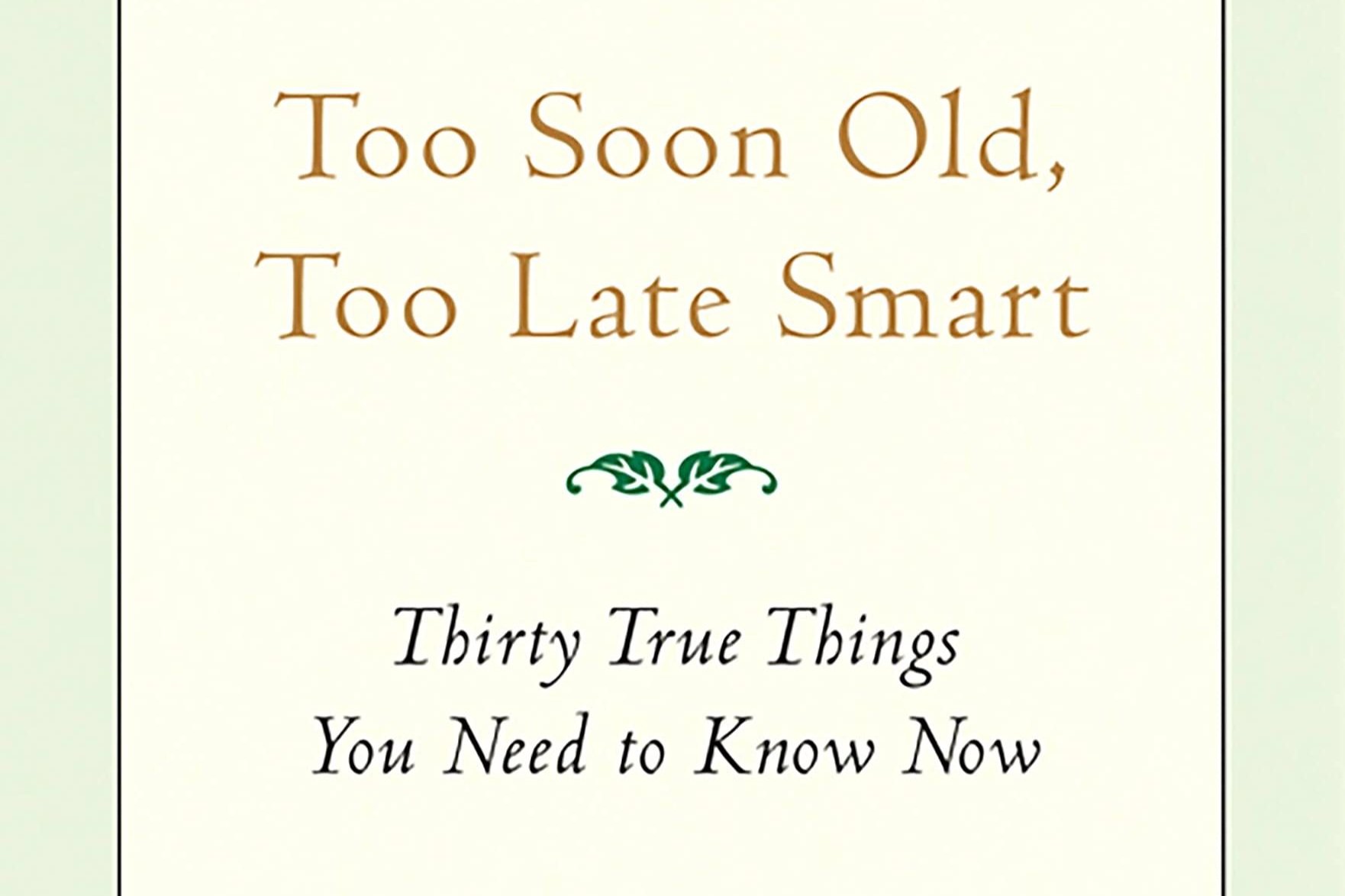“Too Soon Old, Too Late Smart”: Why Livingston’s Life Lessons Still Cut Deep
Thirty simple essays on what matters.
Who Was Gordon Livingston?

A lifelong psychiatrist, Livingston distilled decades of practice into thirty concise essays - simple truths forged by loss, love and survival.
We Learn But Slowly
Livingston wasn’t aiming for profundity, he was aiming for usefulness. Thirty lessons like:
- Only bad things happen quickly
- We are what we do
- The perfect is the enemy of the good
- Unforgiveness is a toxin
These aren’t epiphanies, they’re truths we resist until we’re ready.
Therapy Isn’t About Being Told What You Already Know
Clients rarely arrive saying, “I never thought of that.” They say:
- “I know this already. I just can’t change.”
- “It makes sense in my head, but not in the moment.”
- “I wish I’d known this sooner.”
Too soon old, too late smart - what if the goal isn’t insight but integration?
Turning insight into traction
Knowing Isn’t Healing But It’s a Start
Livingston’s gift was saying true things calmly enough that we stopped pretending they weren’t true.
Therapy does the same:
- Stop acting like there’s more time to become someone else
- Grieve parts of you that learned lessons the hard way
- Recommit to your own wisdom - minus the self-betrayal
Ready to live like what you already know?
I offer trauma-informed online therapy in English, based in Prague, worldwide. Not because you don’t know what matters, but because you’re finally ready to live like it.
The lessons aren’t late, they arrive when you’re ready.


